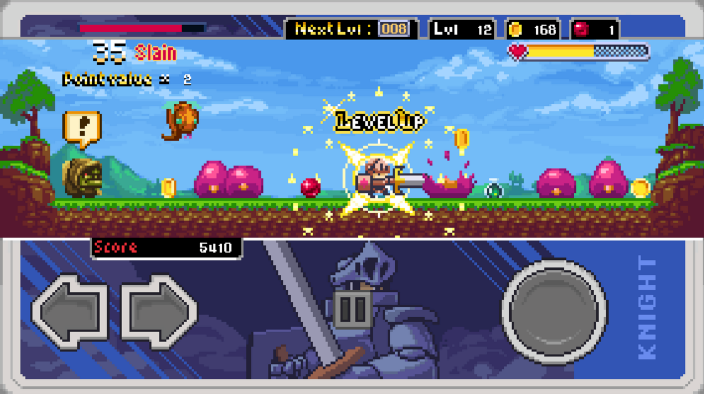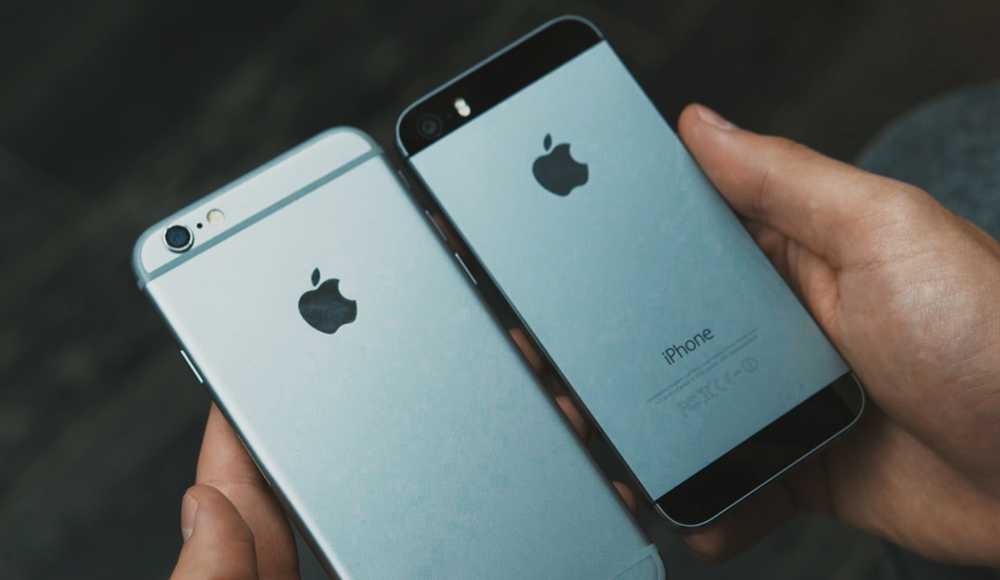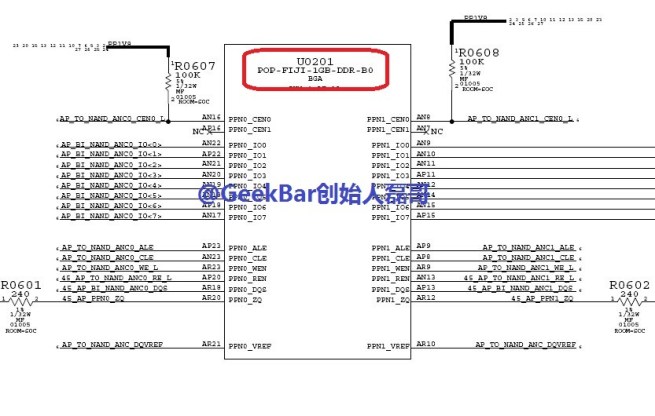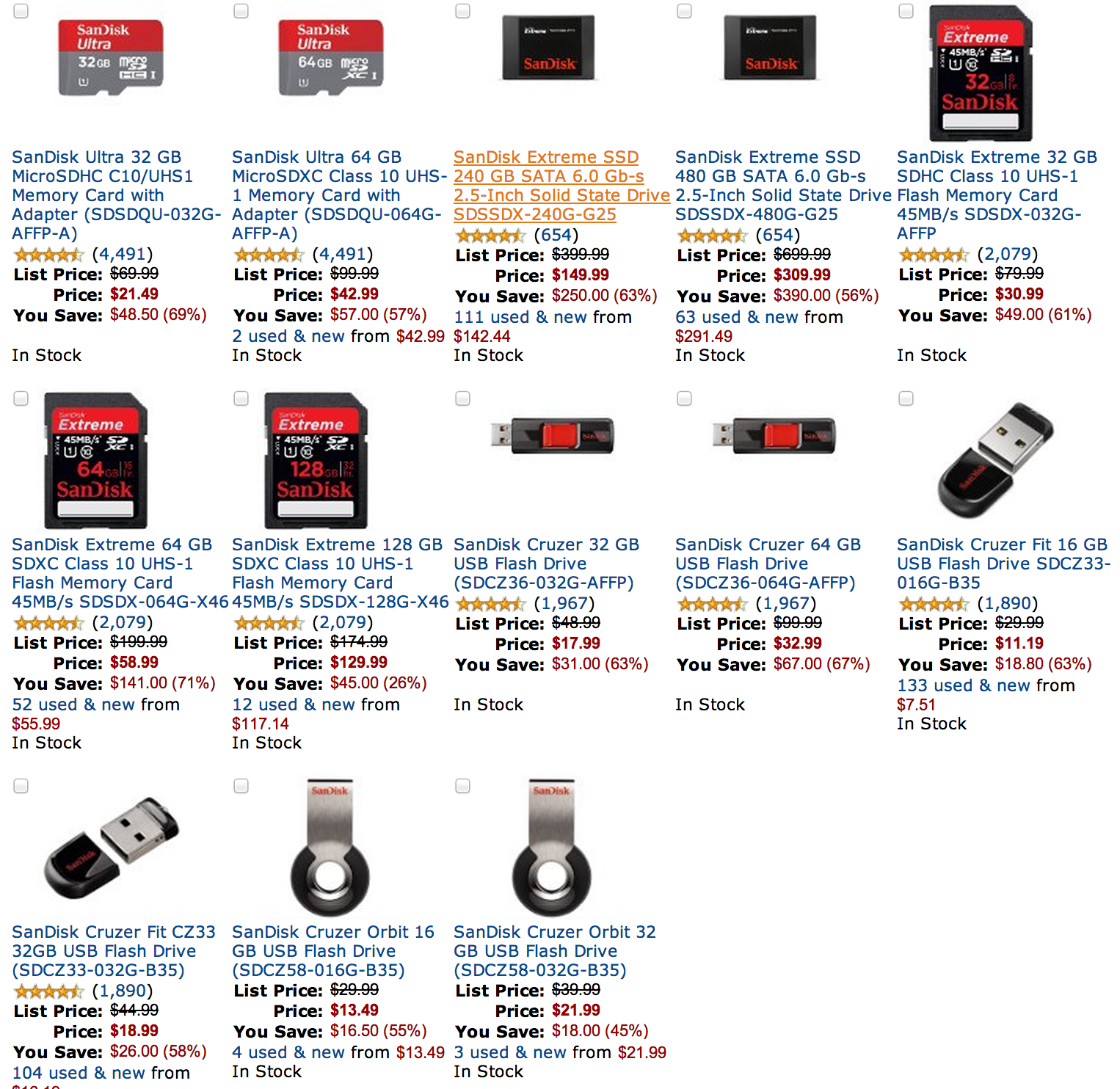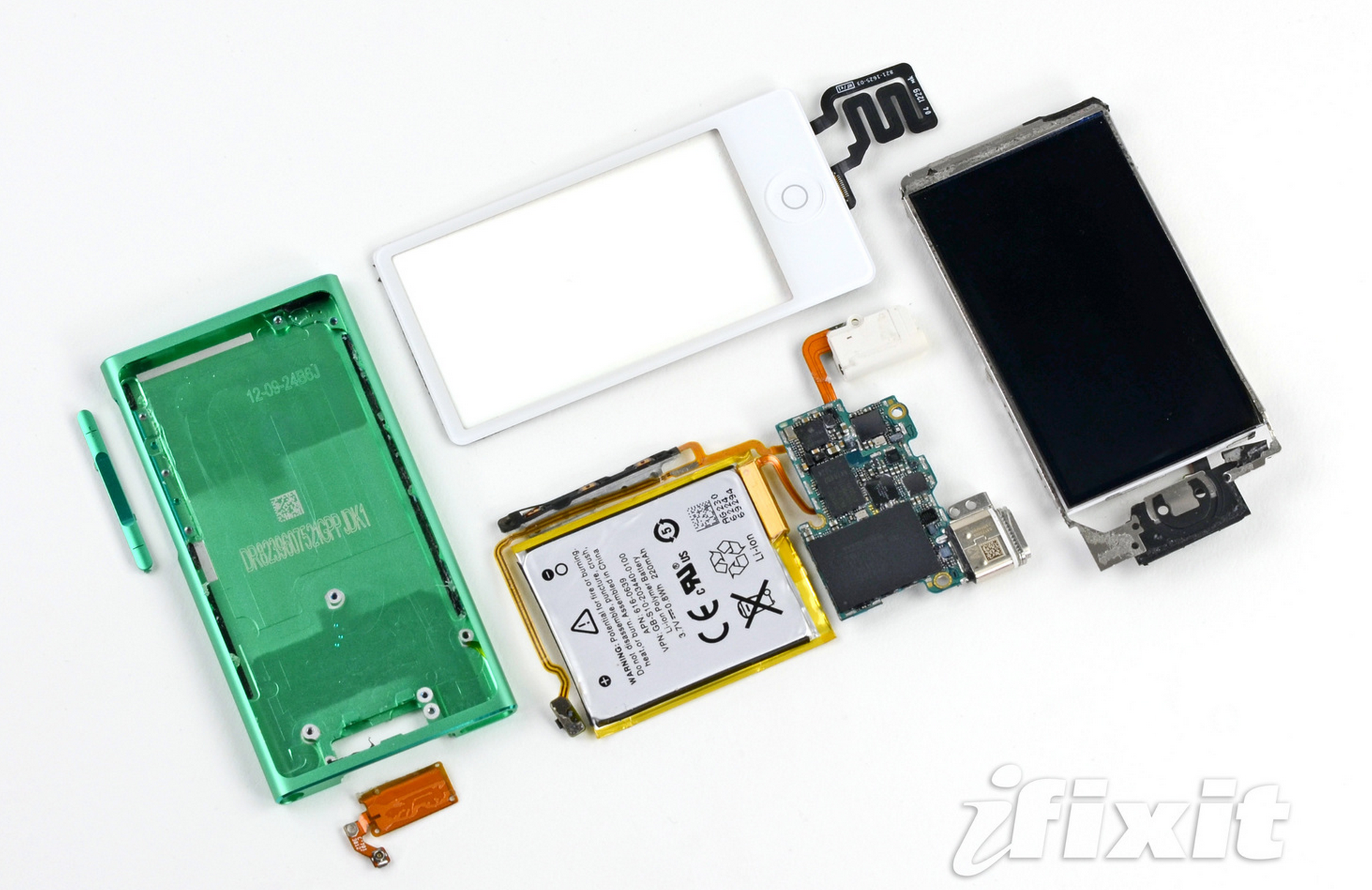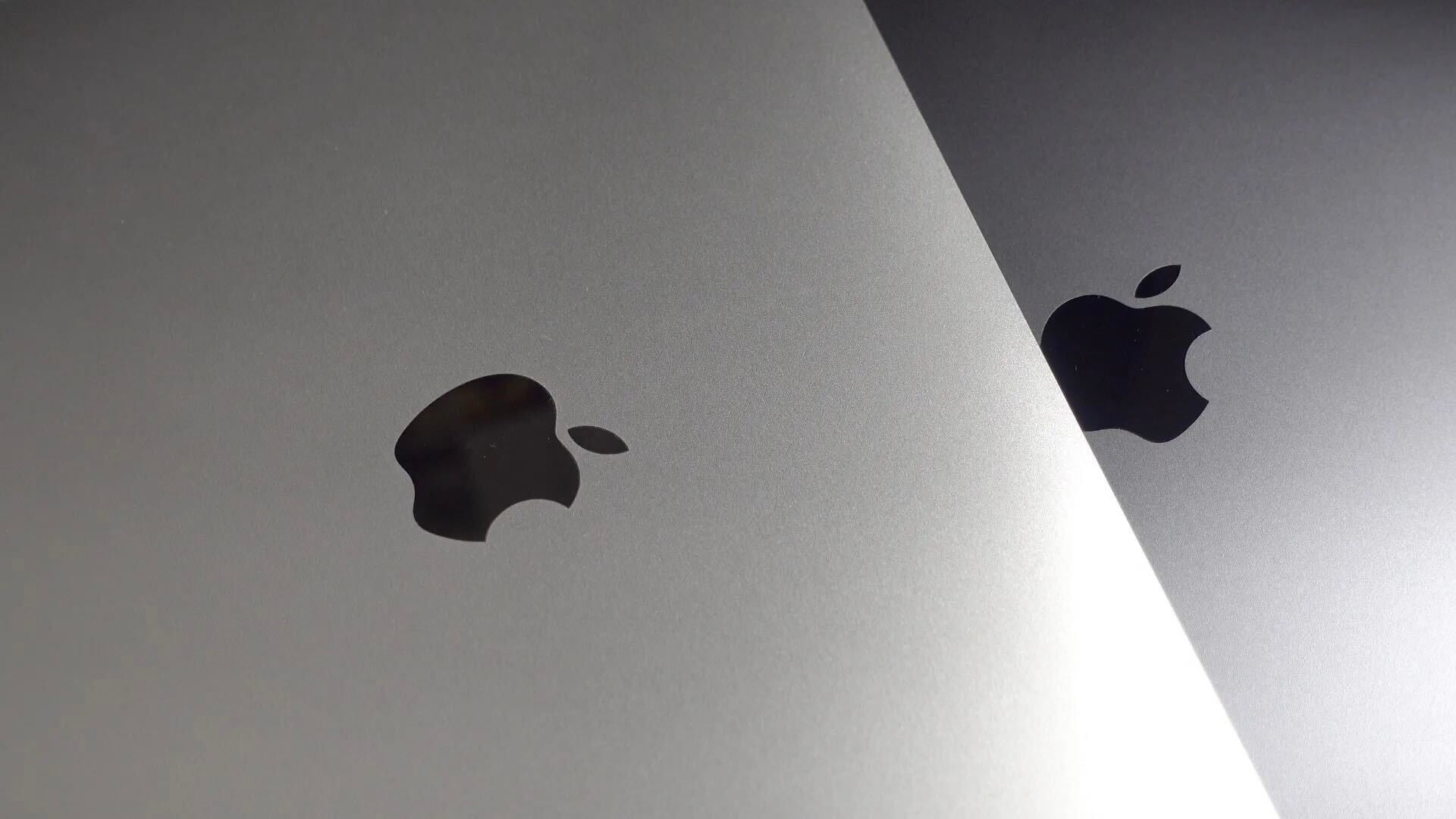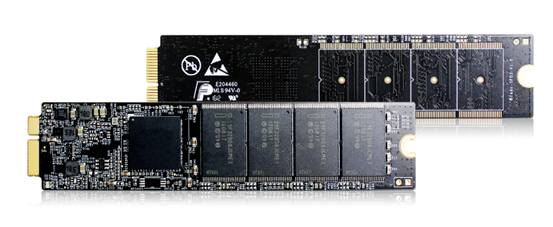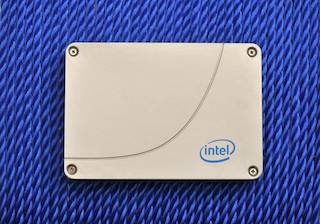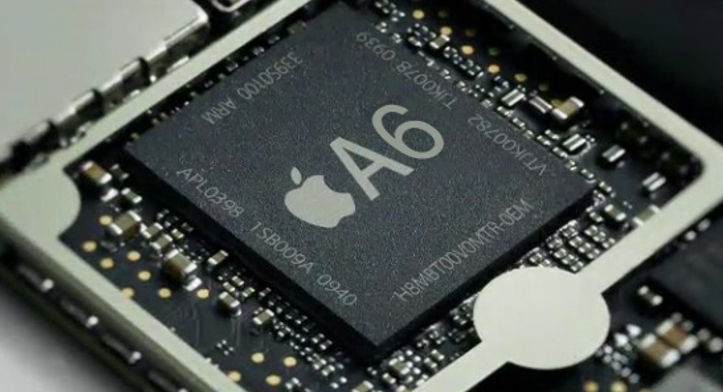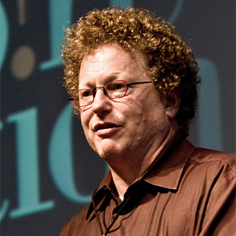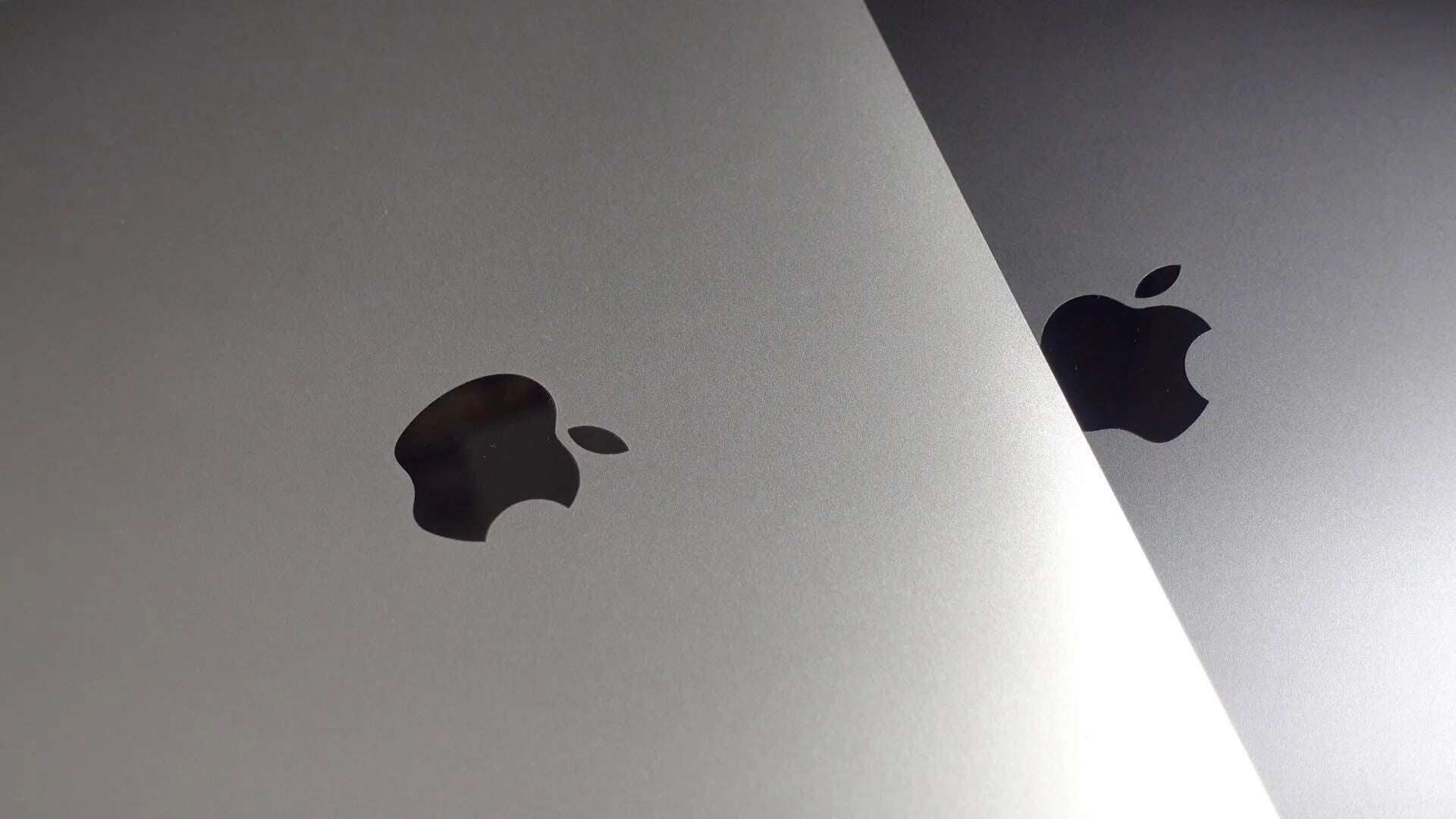
9to5Toys Last Call: Transcend flash storage, DODOcase Apple Watch stand giveaway, iTunes Free App of the Week, more
Keep up with the best gear and deals on the web by signing up for the 9to5Toys Newsletter. Also, be sure to check us out on: Twitter, RSS Feed, Facebook, Google+ and Safari push notifications.
Today’s can’t miss deals:
Last Call Updates:
- App Store Free App of the Week: Slayin endless RPG goes free for the first time ($1 value)
- These Multisport Biometric Headphones are a fitness tracker and Bluetooth headset
- Sony MDR-7506 Professional Folding Headphones $70 shipped (Reg. $100)
- Acer 27-inch IPS Monitor w/ built-in speakers + HDMI $300 shipped (Reg. $350)
- Oculus finally unveils the retail version of its Rift VR headset
- LG G Pad 16GB Wi-Fi 7-inch Quad-Core Android Tablet (refurb) $65 shipped (Orig. $150)
- Get your first look at Star Wars: The Force Awakens Lego, Hasbro and Hot Wheels toys
- Home: Kryptonite Bike U-Lock $29, Philips men’s grooming kit $45, more
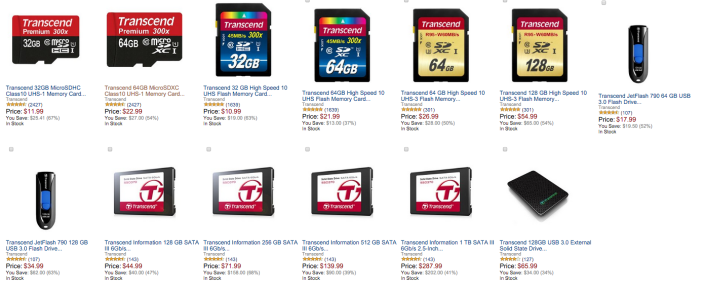
Amazon Gold Box: Transcend Micro/SD Cards, USB sticks & SSDs: $18 for 64GB, $288 for 1TB SSD
Giveaway: The DODOcase $80 Apple Watch and iPhone charging solution stands out

New Games/Apps: popular puzzler Threes! goes free-to-play the right way & Drop the Chicken 2 releases at 50% off
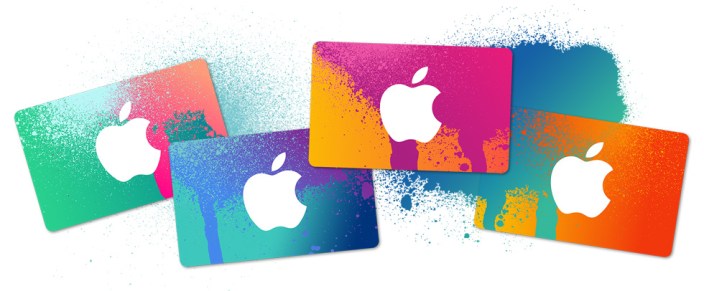
$50 iTunes gift card for $40 shipped: save 20% on apps, music, movies and more
Restaurant and apparel gift cards 20% off: JCPenney, T.G.I. Friday’s, Legal Seafood, Steak n’ Shake, Jiffy Lube, more

Father’s Day: Tommy Hilfiger, Nordstrom, more up to 50% off, DEWALT tools & gift cards from 20% off, more
More new gear from today:

RAVPower all-in-one travel router, wireless card reader and power bank for $31 Prime shipped (Reg. $47)

Chromecast free movie rental offer includes American Sniper, Interstellar, and more hits
- New! Daily Deals: Samsung 40″ 4K Smart TV $550, Toshiba 1TB External HDD $50, more
- New! Games/Apps: BioShock Infinite Complete $8, Tomb Raider $16, freebies, more
- New! Motorola cable modem (refurbs): SB6121 $45 (Orig. $100), SB6141 $55 (Orig. $100)
- New! Parrot Zik Bluetooth Over-Ear headphones $205 (Orig. $400), more
More deals still alive:

‘Pay what you want’ Mobile-First Developer’s Bundle ($1,740 value, currently $6)
- Crucial M500 960GB 2.5-inch Internal Solid-State Drive: $290 + $4 shipping (Reg. $340+)
- Nikon COOLPIX P530 Digital Camera Shipped $260 shipped (Orig. $450, CA Tax Only)
- Apple begins selling iPad mini 3 on its refurbished online store
- Headphones: Harman SOHOi on-ears $150, Sennheiser HD439 over-ears $40, more
- MFi iPhone 6 2,500mAh Battery Case: $25 Prime shipped (Reg. $45)
- Canon refurbished cameras w/ 1-yr warranty: T5i DSLR w/ 18-55mm Lens Kit $450, more
- Pencil by FiftyThree Stylus up to 20% off: Graphite $40, Gold/Walnut $50
- The ad-free version of Trivia Crack goes free (Reg. $3)
- Toms 35+% off: Men’s Leather Searcher Boots $75 (Reg. $149), styles from $27, more
- Fox Searchlight 20th Anniv. 21-disc Blu-ray Collection $100, Blu-rays under $5
- Brother Wireless Multifunction Laser Printers from $85 shipped
- $100 off Apple’s new Macbooks (+Airs/Pros and iMacs) w/.edu email address at Best Buy
- Grado SR225e Over-Ear Headphones $150 (Reg. $200), more
- Aukey gooseneck adjustable desk mount for iPad: $22 Prime shipped (Reg. $32)
- KeySmart 2 key organizer, keeps up to 10 keys organized, shipped: $17 (orig. $23)
- Fitbit Charge Wireless Activity and Sleep Wristband for $100 (Reg. $130)
New products & more:
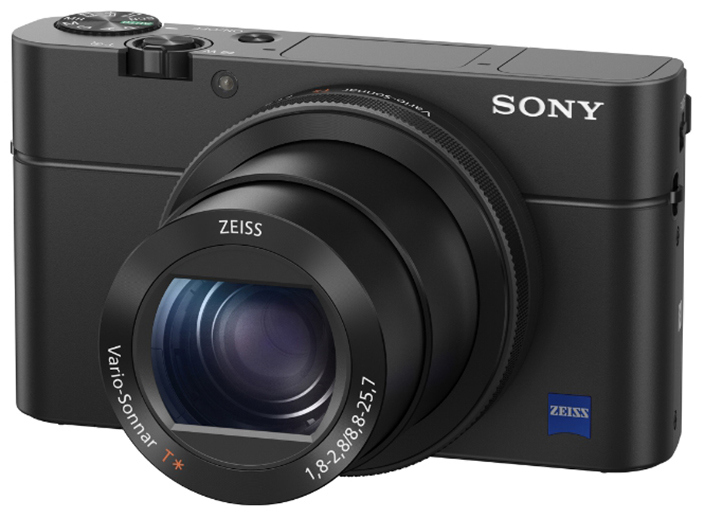
Sony’s new RX100 IV prosumer digital camera is loaded with features

Holus uses 3D holograms to bring images from phones and tablets to life
- Ratchet & Clank is coming to PS4 with impressive next gen visuals and a brand new arsenal
- Apogee now offers free Waves plug-in bundles worth up to $600
- June Oven has better specs than MacBook & was designed by former Apple engineers
- Sonder keyboard’s E-ink display keys bring a fully customizable setup to your Mac
- Dyson’s in-house LED technology is the lifeblood of its gorgeous new desk lamp
- Gibson’s new Trainer Bluetooth headphones designed by Usain Bolt
- Microsoft announces new $349 Xbox One, 1TB model /updated controllers
- Review: Mohu Channels tries to bring your TV services together, Leaf antenna goes on sale
- The Smart AC Control from tado° lets your iPhone control your existing air conditioner
